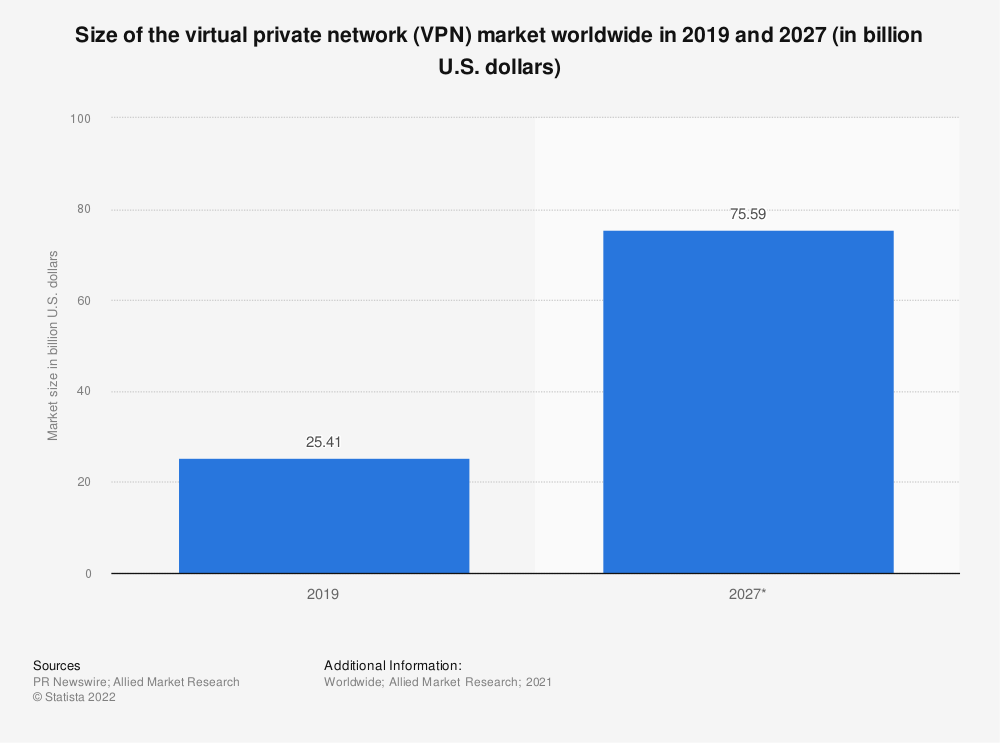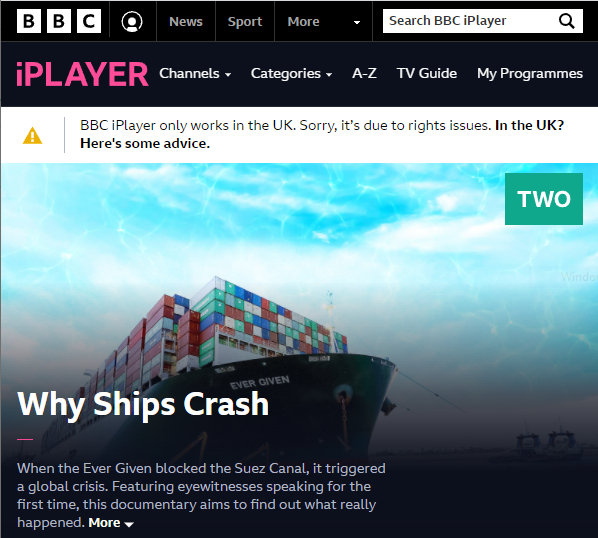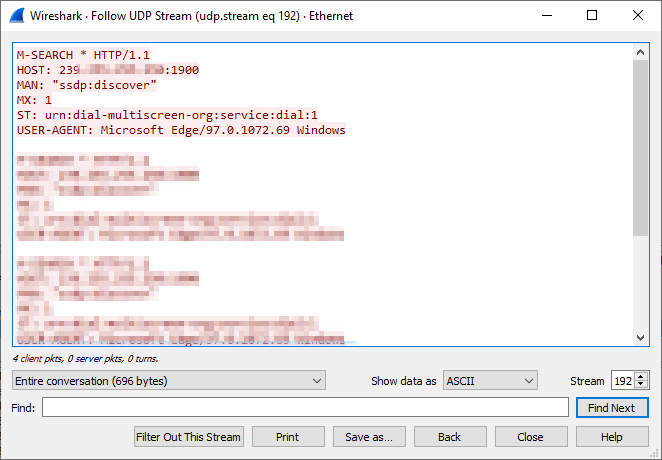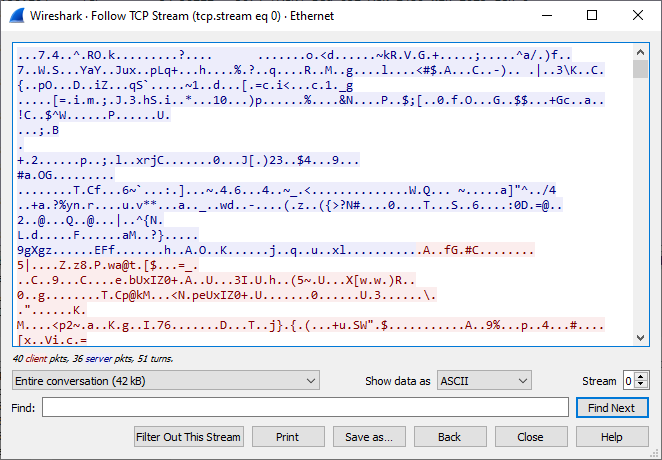There is no clear answer to Is VPN Worth it? Check out why it may or may not be a tool meant for you.
Thanks to countries like China and streaming platforms like Netflix, VPNs have become heavily marketed products.
You will see hardly any website/influencer telling you a no-no for VPNs.

What is a VPN?
A Virtual Private Network conceals your IP (Internet Protocol) address with its own. In addition to disguising your IP address, it encrypts the data traveling to-and-fro from your computer.
And it’s a whole lot better if your VPN provider uses obfuscated servers. That way, even your ISP won’t be able to tell that you’re using a VPN.
Conclusively, a VPN helps you stay hidden from your ISP, cybercriminals, and any law-enforcement agencies.
And you should thank your VPN provider if you’re getting minimum speed throttling along with this.
For a deep dive, head over to my what is a virtual private network.
Why Should I Use a VPN?
For better privacy, security, and unlocking geo-restricted content.
It makes you safe on Public WiFi. You can comfortably transact on an Airport WiFi network if you’re connected to a VPN without concerning about a bad actor snooping over your credit card credentials.
One more important thing is to unlock access-controlled content. Like you won’t get this BBC iPlayer only works in the UK if you have a capable VPN subscription.

Similarly, many people across the globe use VPN just to stream land-locked content on streaming platforms like BBC iPlayer, Netflix, Hulu, etc.
While many VPN companies claim to unblock streaming platforms, only a few succeed in doing that continuously.
Because streaming platforms like Netflix invest so much in detecting VPN connections. These platforms constantly discover and block disguised connections to protect the digital rights of their hosted content.
So ultimately, it becomes a never-ending battle between the VPN providers and the streaming platforms.
A server winning over the streaming platforms on one instance can fall flat the next. But some VPN providers (like Surfshark) constantly unlock land-locked content for their subscribers.
How Does a VPN Protect You?
You might have heard many times that a VPN encrypts your connection.
Want to see that in real-time?
You can use Wireshark–a free network analysis tool.
Not that I’m any cybersecurity expert, but anyone can tell that I’m using Microsoft Edge (with version details) on Windows.

It’s extremely dangerous to have such information in the wrong hands. But with a VPN’s encryption, these details turn to this:

This is called encrypting network traffic.
Nobody can tell what website you visit, or what’s your web browser. This encryption is achieved by various VPN protocols. These protocols like OpenVPN, WireGuard, IKEv2, etc., are a set of rules, suited to specific use cases,
But sometimes encryption isn’t enough. Some platforms and countries with their advanced firewalls can see that you’re using a VPN. For instance, countries like China–with their Great Firewall–have banned many VPN providers.
In that case, it becomes vital that the VPN provider can hide the fact that you are using a VPN at all. That’s where obfuscated servers come into the game.
They help your network traffic to look normal, finally assisting you in seeing the other side of the firewalls.
Ultimately, it’s a no-brainer that you need a VPN to enjoy the internet in its native form. In addition, a VPN will come in handy if your network admin has blocked your favorite websites.
Finally, coming to your confusion…
Is VPN Worth It?
It depends.
A VPN is definitely worth using if you’ve global Netflix libraries on your agenda. Or if you frequently hop in-and-out of public WiFi.
Moreover, it’s unavoidable if you want to enjoy internet freedom while being on a short trip (or long stay) in some authoritarian regime.
However, a VPN is worth it for anyone who values digital privacy. And remember, a VPN is only one element, and there are multiple others for a completely secure online experience.
But that’s a story for some other day. Goodbye!
